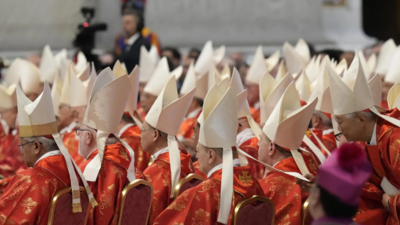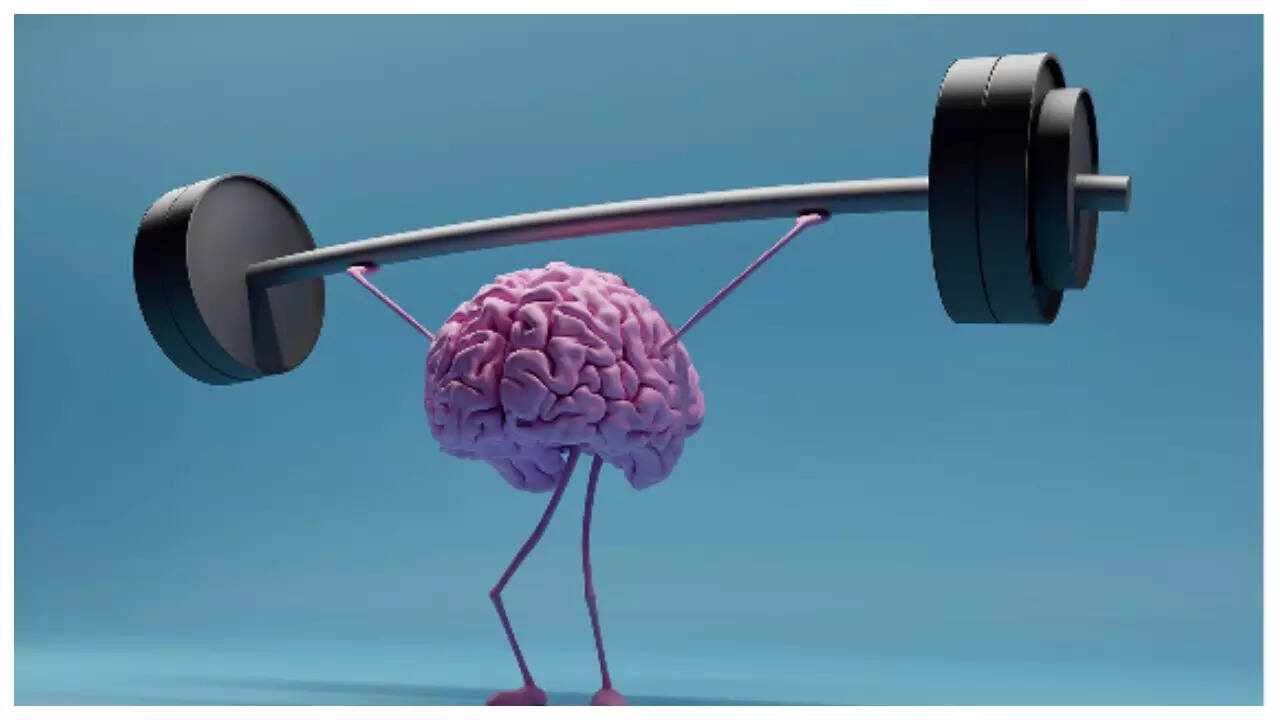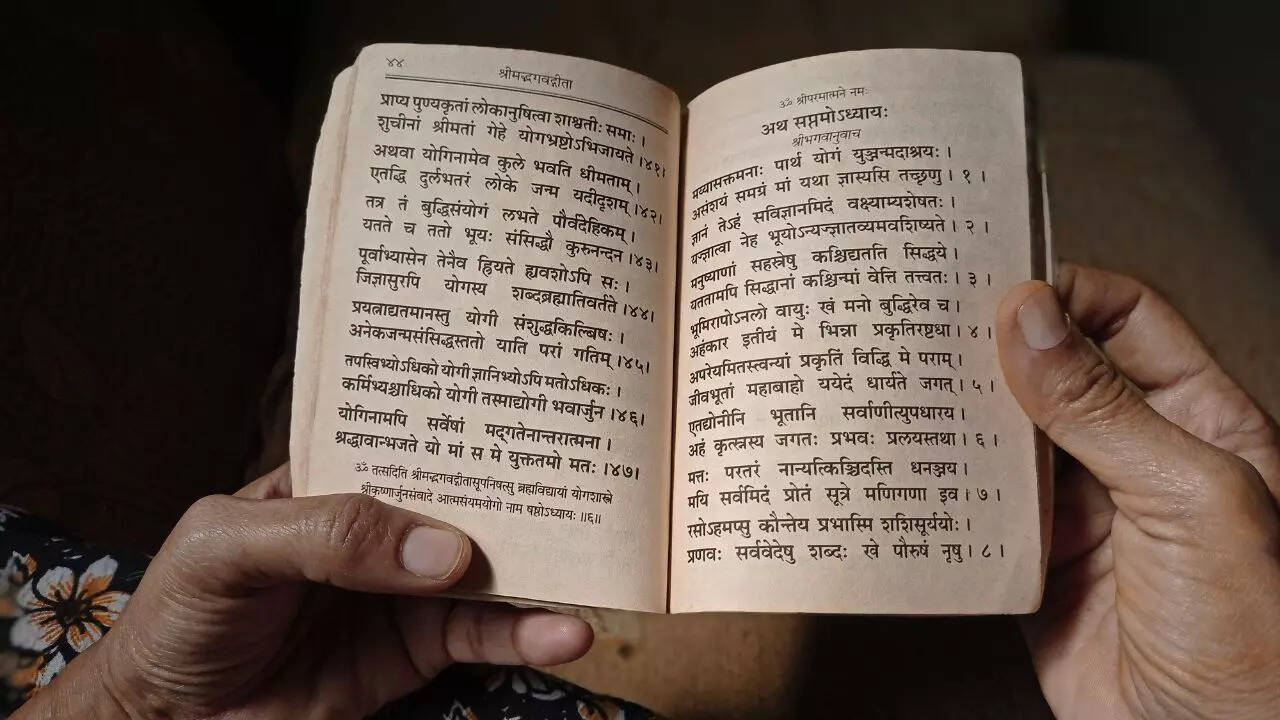
Rome’s in the spotlight again. Under the gaze of Michelangelo’s iconic frescoes in the Sistine Chapel, cardinals in crimson robes are gathering for one of the most mysterious and historic traditions on Earth — the papal conclave. While all eyes are on that chimney waiting for a puff of white smoke, here’s something else you don’t want to miss: the new pope’s name.That one name could hint at everything — his beliefs, his priorities, even what kind of leader he hopes to be.
A name that speaks louder than a speech
Believe it or not, the first real message from a newly elected pope doesn’t come in the form of a grand address or a sweeping change in doctrine. It’s in the name he chooses. The moment the cardinal-turned-pope steps out onto that Vatican balcony and we hear “Habemus Papam” (We have a pope!), the name that follows is loaded with meaning.
What’s in a name? A lot, actually.This tradition of papal name-picking goes way back — all the way to 533 A.D., when Pope John II became the first to swap out his birth name. Why? His original name, Mercurius, sounded a bit too pagan (named after a Roman god — not a great look for the head of the Catholic Church). Since then, popes have chosen names that honor saints, reflect their spiritual vision, or pay tribute to previous popes.When Jorge Mario Bergoglio became pope in 2013, he shook things up by picking “Francis” — a first. It was a clear nod to Saint Francis of Assisi, the barefoot preacher of peace, humility, and care for the poor. It told the world right away: this guy was going to do things differently. And he did.
Will the next pope follow tradition… or break the mold?
That’s the big question. Will we get another “John Paul,” signaling continuity and comfort? A “Benedict,” hinting at a return to traditional doctrine? Or will this be another bold first — a completely new name, suggesting a fresh direction for a Church navigating 21st-century challenges like climate change, AI ethics, and a changing moral landscape?Whatever he chooses, that name will be more than ceremonial. It’s a glimpse into the soul of the papacy ahead.
How the decision is made
Around 170 cardinals under age 80 are locked inside the Sistine Chapel. No phones. No tweets. No talking to the outside world. Just prayer, quiet conversations, and multiple rounds of secret ballots until someone earns two-thirds of the vote.Once there’s a selection, he’s asked one simple, weighty question: “Do you accept your canonical election as Supreme Pontiff?” If he says yes, he chooses his name. That choice is often something the cardinal has thought about for years. Just in case.
Big shoes to fill
Let’s not sugarcoat it: the new pope has a monumental task ahead. Pope Francis, now 88, didn’t hold back. He called out injustice, tackled abuse scandals head-on, spoke up for migrants, and even made climate change part of his spiritual mission. The next Pope? He inherits it all — the crises, the hopes, the expectations of billions of Catholics around the world.And that’s why his name matters. It’s not just a nod to history. It’s a message to the future.So, when the white smoke finally rises over Vatican City, don’t just celebrate. Listen closely. That very first word after “Habemus Papa” might just tell us everything we need to know about the path ahead.

 12 hours ago
37
12 hours ago
37




























 English (US)
English (US)